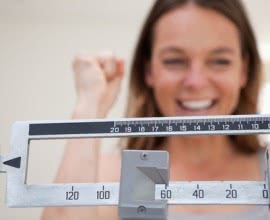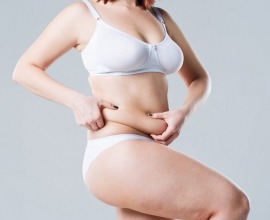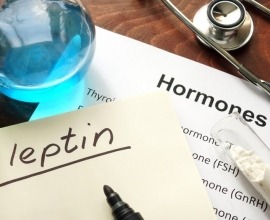What should you eat after Gastric Sleeve surgery?
The popular Gastric Sleeve is a surgery that has become increasingly popular throughout Europe in recent years. This had led to the growth of patients visiting central European countries such as the Czech Republic in order to perform these surgeries. The purpose of this article is to advise patients on what dietary instructions to follow after completing the surgery.

The Sleeve Gastrectomy as surgery as it is technically called reduces the size of the stomach by as much as 75%. The stomach is divided vertically from the top to the bottom which leads to the regulating of the emptying stomach into the small intestine. The end conclusion is that the stomach is much smaller although the normal functions of the stomach remain unchanged.
The satisfying thing from the patient’s point of view is that they will now be able to eat smaller meals in terms of portions, which will inevitably lead to a loss of weight. The loss of weight will be exacerbated if the patient follows a low sugar and low fat diet. Patients will then feel fuller for longer and will dramatically reduce the previous pangs of hunger. Three meals per day will be more than sufficient to maintain a full stomach. Unlike with the gastric bypass surgeries, those who undertake the Sleeve Gastrectomy will not experience the side affects normally associated with the latter. This is because the digestion will essentially remain the same.
The patient will then become accustomed to the new eating habits of 3 meals a day. It is important at this stage that the patient follows a healthy and varied diet, which will aid the weight loss intentions well into the future. The surgery will certainly help you to reduce your stomach and feelings for regular food, but weight loss can still occur if the patient follows a diet that is high in calories. This will be the case despite the reduced size of the stomach. It is therefore very important to maintain a healthy diet even after the surgery.

One thing all patients should avoid is eating any solid foods for the first four weeks after the operation. Though this may sound extreme to some, it would be of great benefit to the patient if a liquid diet is followed for the first two weeks after the surgery. For the third and fourth weeks after the surgery, the patient should move onto a soft moist diet. After the four week period, it is acceptable to take solid foods. The use of sugars and low calorie sweeteners should also be limited. Sugar and Fats in general should be extremely limited. Alcohol is also strongly discouraged as it is very high in calories and is a stimulant for hunger. Alcohol absorbs quickly and even a small amount of the substance can have a significant impact.
Sources:
http://www.nhs.uk/conditions/weight-loss-surgery/Pages/Recommendations.aspx
http://www.obesitycliniclondon.co.uk/pdf/eating-after-band.pdf














